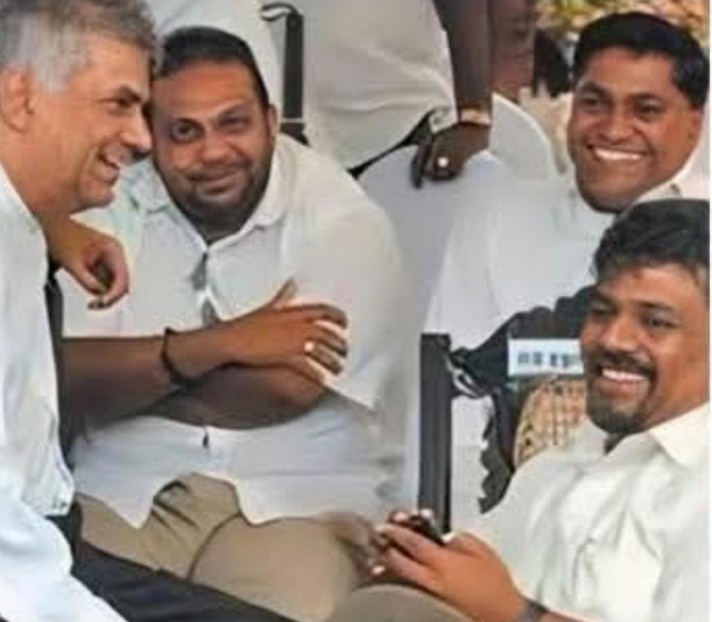By Adolf
The arrest of former President Ranil Wickremesinghe over alleged misuse of state funds is raising serious constitutional and political concerns. Under Sri Lanka’s 1978 Constitution, the President enjoys broad immunity for acts performed while in office. Article 35 explicitly shields the President from arrest, detention, or prosecution for official actions. Accountability for alleged violations is confined to the impeachment process under Article 41. This framework is not an anomaly—it is a carefully designed safeguard to ensure the stability of the executive and the continuity of governance, preventing politically motivated attacks on the nation’s highest office.

Official Functions
The funds at the center of this case, reportedly spent on security during official visits and state functions, fall squarely within the realm of presidential duties. These are official acts, not personal transactions. Arresting a sitting or recently retired President for such actions appears inconsistent with constitutional protections. Immunity in this context is not a privilege—it is a structural necessity, protecting the office from legal interference that could paralyze executive decision-making.
Principles
Sri Lanka’s Supreme Court has repeatedly underscored the principle that acts carried out in the official capacity of the President are immune from ordinary criminal proceedings. This principle is fundamental to the separation of powers and the rule of law. Circumventing it risks creating a precedent where the President—and potentially future officeholders—can be subjected to legal actions based on political motives rather than genuine criminal conduct. Such misuse of prosecutorial powers threatens both governance and public trust.
Interpretation is a must
The Supreme Court must intervene to determine whether Ranil Wickremesinghe’s arrest violates constitutional safeguards. Judicial review in this instance is not about shielding an individual; it is about protecting the Constitution itself. The Court must affirm that official acts, including security arrangements, diplomatic engagements, and expenditure of state funds, are inseparable from the duties of the Presidency. Any other interpretation risks undermining the office and destabilizing the state.Importantly, immunity does not equal impunity. The Constitution provides mechanisms for holding Presidents accountable, either through impeachment while in office or post-tenure proceedings for private acts unrelated to official duties. Ignoring this distinction weakens the foundations of constitutional governance.
Supreme Court
Ranil Wickremesinghe’s arrest, therefore, is not merely a legal matter—it is a test of Sri Lanka’s commitment to the rule of law, separation of powers, and constitutional integrity. The Supreme Court’s intervention is crucial to reaffirm that the President, while performing official functions, cannot be prosecuted through ordinary criminal processes. Protecting these principles safeguards both the dignity of the office and the stability of the nation, ensuring that politics does not override the Constitution. As Lord Denning famously said, ‘Justice must not only be done but must manifestly and undoubtedly be seen to be done.’ In the case of Ranil Wickremesinghe’s arrest, the Supreme Court must ensure that constitutional protections are upheld, demonstrating that the rule of law in Sri Lanka is both respected and visible to all.”
